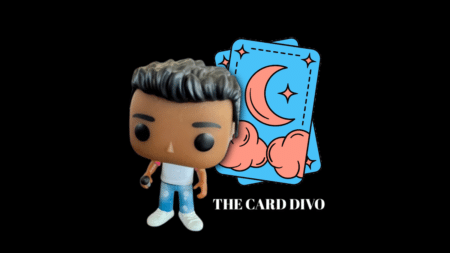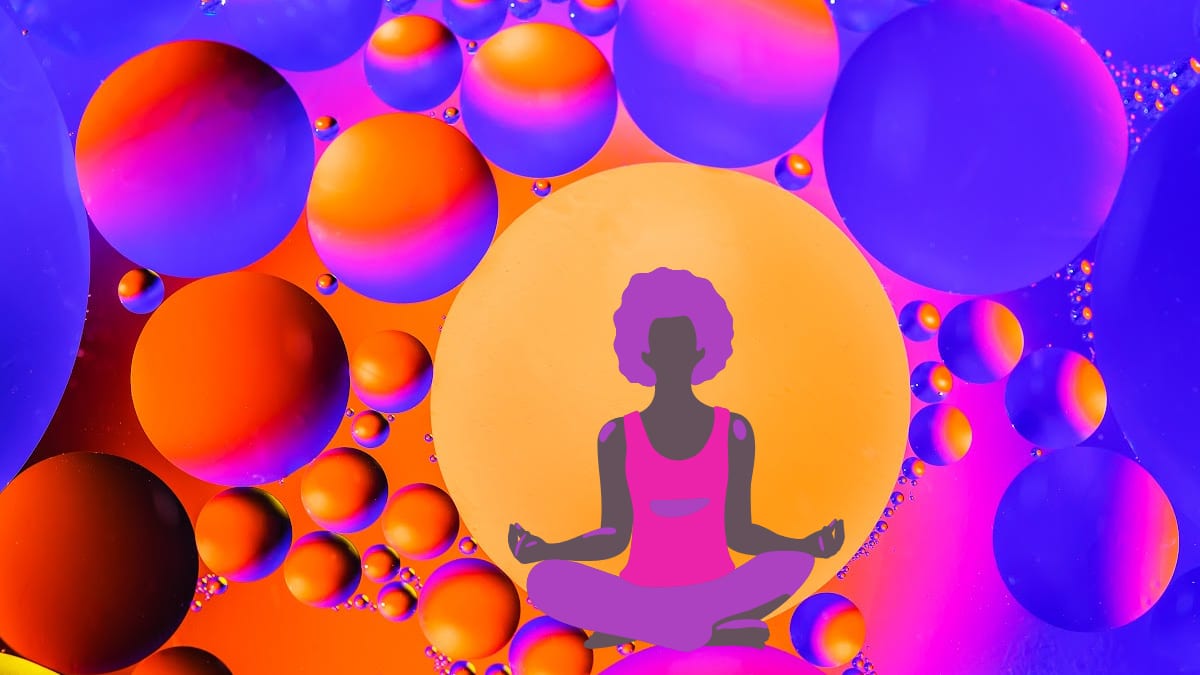
In recent years, the intersection of mindfulness and DNA expression has fascinated scientists and wellness advocates alike. I’m incredibly passionate about this area because I’ve seen a massive change in my thinking and reactions to others; I’m no longer a victim of my inner rage.
Recently, I’ve been exploring the poetic power of language. I crafted a phrase that encapsulates the essence of the transformative work I guide my clients through. Are you ready for it? “Mindful Molecule.” This concept invites us to unearth the profound ways mindfulness can permeate the core of our existence—reaching deeply into our genetic code. It ventures into the fascinating sphere of epigenetics, illuminating how stress reduction, meditation, and mindful living can foster significant shifts in gene expression. Epigenetics is the study of how our behaviors and environment can cause changes that affect the way our genes work. Anchored in this realm, my “Mindful Molecule” concept delves into the transformative potential that mindfulness practices have on our very genes. It is a deep dive into how intentional living, stress management and meditation can lead to profound changes in gene expression—essentially, how our cells read our genes.
By adopting mindful habits, we can influence our well-being at the molecular level, enhancing our mental toughness and boosting our physical health. I invite you on a transformative journey to discover how these age-old mindfulness practices can lead to powerful, positive genetic shifts, reflecting in every aspect of our wellbeing. As we begin this exploration, I welcome you to embark on a journey that reveals how the timeless wisdom of mindfulness can manifest efficient molecular transformations!
We all know that today’s fast-paced and distracted world is not doing wonders for our mental, physical, or spiritual well-being. As a society at large (as in the entire globe), we are suffering from obesity, have staggering record-high diabetes, and 1 in 4 people are on an SSRI. Sometimes, it feels hopeless, so I continue to show up and teach, even when only two students show up; I teach this incredible skill—because I understand the ripple effect of mindful living. Those two students touch hundreds of people each week and so on and so on… which selfishly brings my hope back! Achieving a state of tranquility often feels like catching a glimpse of a shooting star – ephemeral yet breathtaking. Mindfulness, the art of anchoring yourself in the present moment with acceptance and without judgment, has emerged as a beacon of calm in the storm of daily life.
For those on the path of recovery or seeking the serenity of an alcohol-free life, the implications of this intersection of living mindfully and being aware of your DNA is particularly profound.
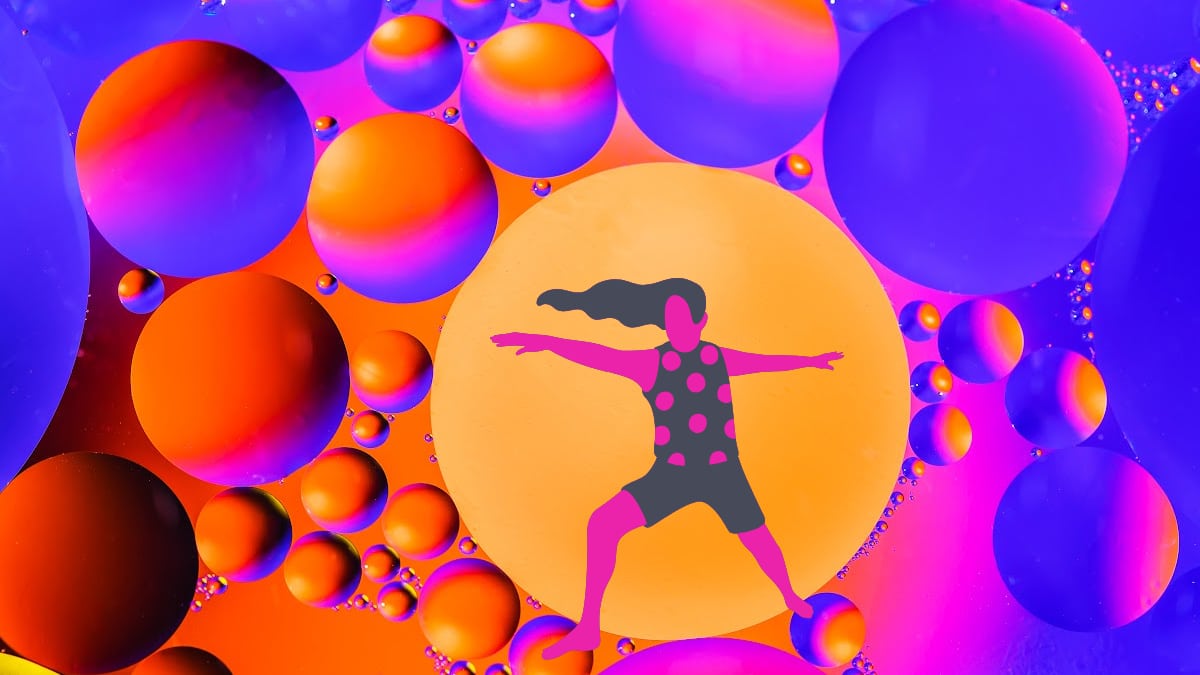
Understanding Mindfulness
At its core, mindfulness is the practice of focused attention and heightened awareness of the present moment. It’s about observing your thoughts, feelings, and sensations without criticism or engagement—simply letting them pass by like leaves on a stream. This is not easy, and please do not expect yourself to “get it” the first time you practice. The mind is a jungle, and a lot is going on there, from the death-marching fire ants to the deadly tree frogs you’re unaware of until it’s too late! So, take your time and learn to practice slowly. During COVID-19, everyone became a mindfulness teacher or meditation teacher; people had a lot of time on their hands to discover and practice. You have many choices today on who to practice with and how to practice. Take a class, find a teacher.
Mindfulness isn’t a new trend; it is steeped in ancient cultural and spiritual traditions, with roots that stretch back to Buddhist meditation techniques, Hindu principles of yoga, and even elements found in Sufism and other contemplative Christian practices.
When teaching, I liken it to the psychological equivalent of a favorite Swiss Army knife—handy in so many challenging situations and celebrated in therapy and stress reduction. Mindfulness practices nowadays take many forms, from the disciplined silence of seated meditation to the gentle, deliberate movements of tai chi or the mindful savoring of a meal.
Therapists often integrate mindfulness into treatment, teaching patients how to apply these skills to combat the cacophony of stress and anxiety. Modern mindfulness connects ancient wisdom and contemporary science, offering a path to serenity that is as relevant today as it was centuries ago.
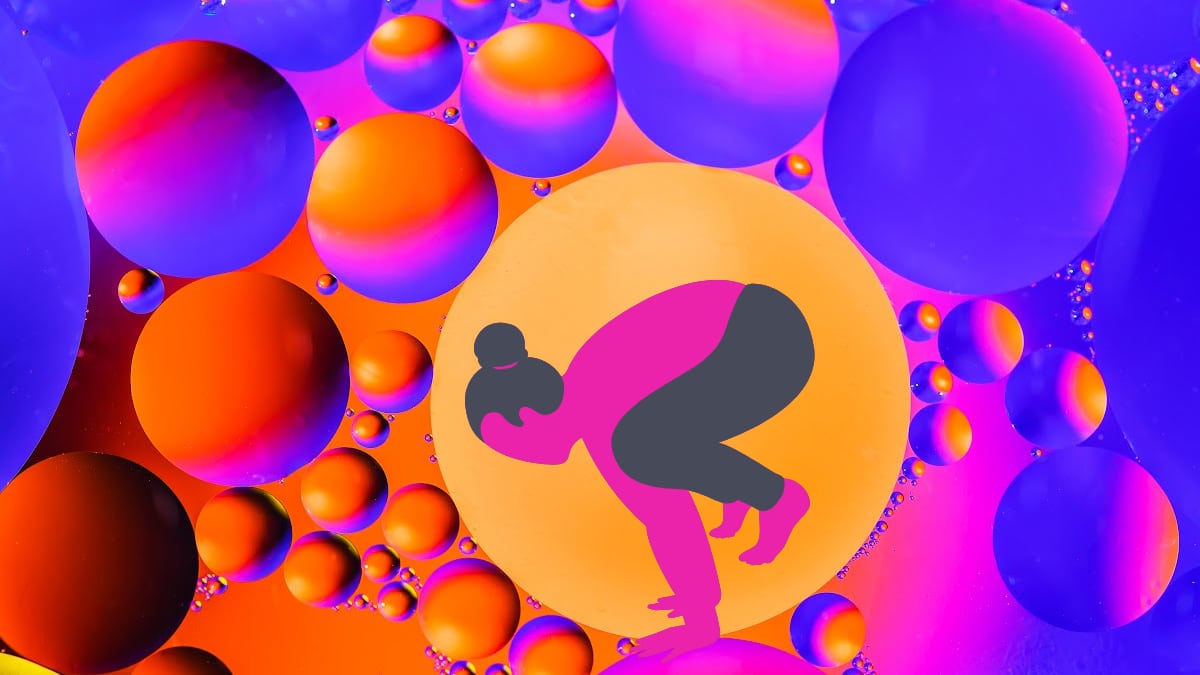
Genetics and Gene Expression
Each person is a complex, unique supercomputer composed of about 20,000 to 25,000 genes—that’s an epic puzzle! The genes we inherit from our parents are akin to a vast library of blueprints, instructing our bodies on everything from hair color to enzyme production. They are the fundamental units of heredity, making us members of the same species yet marvelously unique.
Gene expression is the process by which the instructions in our DNA are converted into a functional product, such as a protein. Think of it as your cells reading a recipe to whip up your favorite meal that’s needed right now. This process is dynamic; not all genes are expressed at all times or in all cells.
While our genetic makeup is a fixed code we come into the world with, the expression of our genes — the turning “on” or “off” of these recipes — can be influenced by various factors. Lifestyle choices such as diet, exercise, and, yes, mindfulness, as well as environmental factors like exposure to toxins or stress levels, can lead to chemical modifications around the genes. These modifications can change how genes are expressed without altering the underlying genetic code. This field of study is known as epigenetics, revealing just how responsive our genes can be to the world around us.
Our daily actions and environments can foster gene expressions supporting our health and well-being or kicking our butt to the curb with chronic fatigue, achy knees, constipation, and even psoriasis. You have a master control board, and with the proper knowledge and practices — like all the great information shared by the Sober Curator — you can adjust the dials, improving your present state and setting the stage for your future selves.
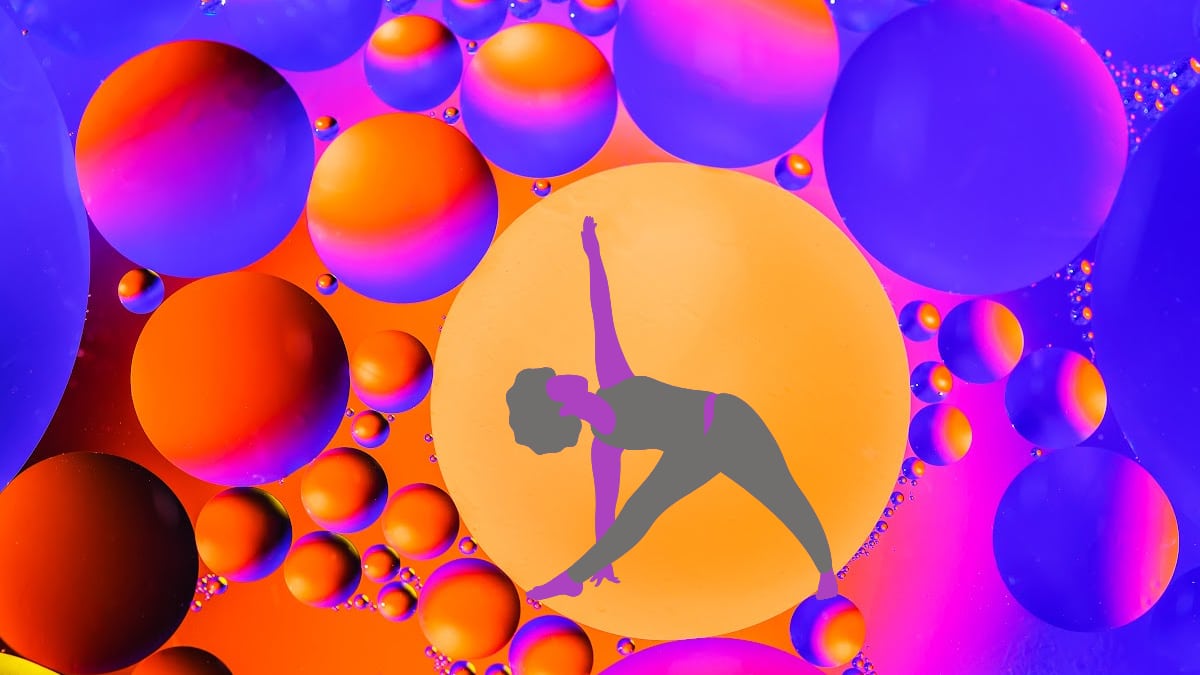
The Science of Mindfulness and Genetic Expression
When the serene practice of mindfulness meets the dynamic world of your genes, you change! I see it every day in my classes. You might have heard whispers of how a mindful approach to life can transform your health in many ways, but did you know that it might also be whispering back to your genes, influencing their expression in profound and promising ways? Let me unpack this a bit more.
Studies suggest that mindfulness and meditative practices can lead down paths that alter gene expression, particularly those associated with inflammation, stress response, and immune functioning. When you practice quieting the mind, you’re sending a gentle hush over the body’s stress signals, allowing for vital peace.
Creating a mindful life plays a pivotal role in the conversation of your epigenetics. Studies show a dialing down effect of genes linked to stress and inflammation and perhaps brightening those tied to immune health and resilience.
Specifically, genes such as those within the NF-kB pathway, (nuclear factor kappa-light-chain-enhancer of activated B cells pathway is a complex signaling cascade within cells that plays a crucial role in regulating immune response to infection and inflammation.) This pathway is crucial for the body’s defense mechanism; however, if it’s constantly activated, it can lead to chronic inflammation, associated with various diseases, including arthritis, asthma, heart disease, and cancer. Mindfulness and other stress-reducing practices have been shown to impact the activity of genes within the NF-kB pathway, potentially lowering inflammation and improving overall health. This is like turning down the volume knob on your body’s reaction to stress, creating healthier reactions and overall feelings.
When you embrace mindfulness, you’re not just indulging in a moment of calm but potentially tuning in to a frequency that supports your well-being at the most microscopic level. Every intentional breath you take is a crucial component in the complex performance of your health, echoing through the molecular landscape of your DNA.
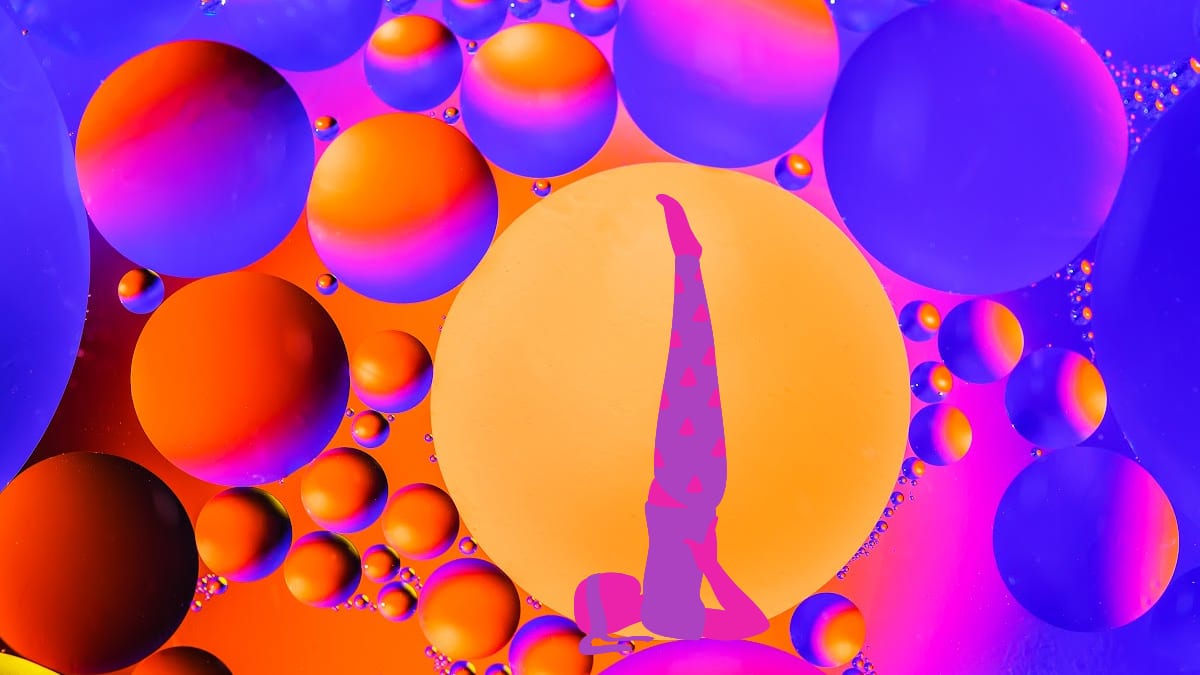
Mindfulness in Recovery
Mindfulness-based interventions (MBIs), such as Mindfulness-Based Stress Reduction (MBSR) and Mindfulness-Based Relapse Prevention (MBRP), have been studied for their potential to aid in recovery from addiction. Research in this field suggests that by cultivating an attitude of nonjudgmental awareness, individuals may develop a greater capacity to manage cravings and emotional distress associated with recovery.
For instance, a study conducted by Bowen et al. (2009) found that MBRP was effective in reducing the risk of relapse for individuals with substance use disorders. The study participants who underwent MBRP reported lower rates of substance use and heavy drinking at follow-up compared to those who received treatment as usual.
Another compelling piece of evidence comes from Garland et al. (2010), who explored the impact of mindfulness-oriented recovery enhancement (MORE) on individuals with substance use disorders. This study indicated that participants engaged in MORE experienced reduced cravings and improved mood outcomes, highlighting the potential benefits of mindfulness practices in recovery.
In a 2017 review, Li and colleagues sifted through numerous studies and uncovered strong evidence that Mindfulness-Based Interventions (MBIs) can notably boost your chances of success in overcoming addiction. This research spotlights mindfulness as an essential component of your recovery arsenal, offering hope as you tackle the challenges of addiction.
It’s not just about abstaining from a substance or behavior; it’s about cultivating a mindful approach to life that fosters resilience and a deeper understanding of oneself. Understanding oneself does not mean you have to read a hundred self-help books, find a therapist for life, find an online coach to sort your shit out, or even enroll in yoga classes to become spiritual. Through mindfulness, many of my students wake up and find a sustainable path to recovery that encourages balance, self-compassion, a renewed sense of control over their life narrative and connecting with something greater than themselves.
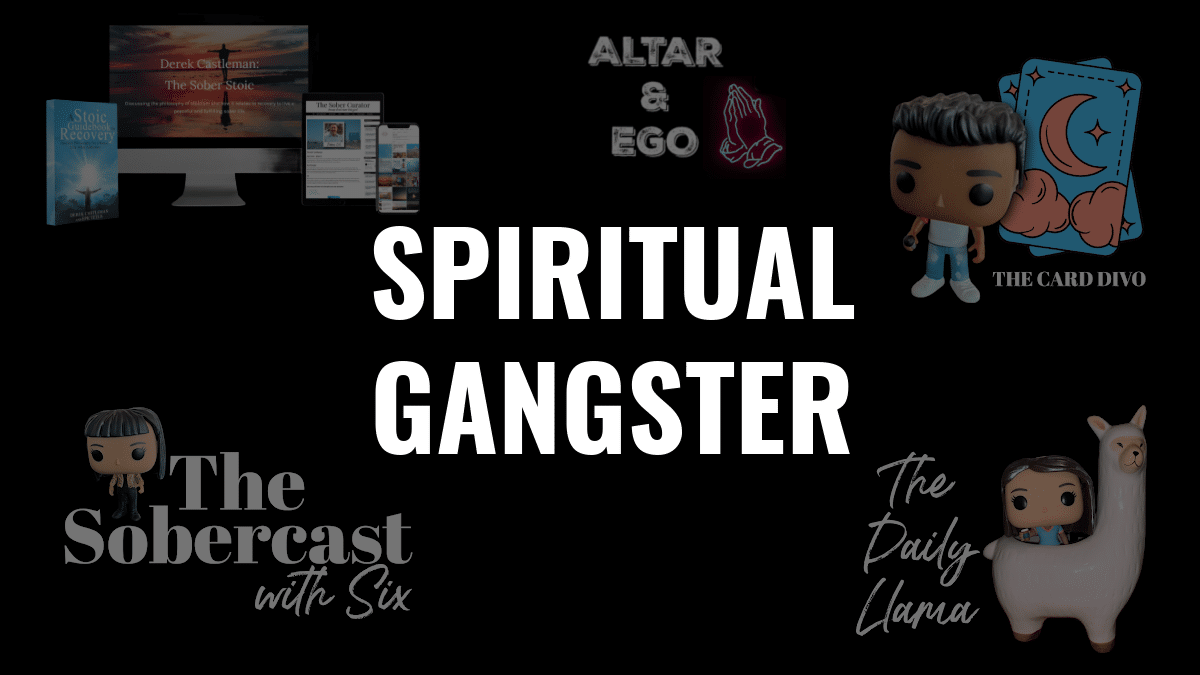
SPIRITUAL GANGSTER: Welcome to the ‘Spiritual Gangster’ wing of The Sober Curator, a haven for those on a sober journey with a twist of spiritual sass. Here, we invite you to plunge headfirst into a world of meditation, astrology, and spiritual reflection – all while keeping your feet (and sobriety) firmly on the ground.
Each month, our very own Analisa Six, better known as the Lady of Leosure, graces us with ‘The Sobercast with Six.’ It’s like horoscopes, but with less hocus-pocus and more sober reality checks for the coming month. And let’s not forget Daniel G Garza, or as we affectionately call him, ‘The Card Divo.’ He delivers snappy, under-a-minute weekly sober tarot card readings that’ll have you saying, “Hit me with another round…of cards!”
The newest star of this spiritual show? That’s Derek Castleman, our resident ‘Sober Stoic.’ After finding enlightenment in the Serenity Prayer and its connection to the Steps, he realized stoicism wasn’t just about keeping a stiff upper lip – it was a roadmap for leading a fulfilling life, no matter the roll of the dice.
SOBERCAST WITH SIX brings you astrology updates from our resident astrologer, tarot card reader, and Sober Curator Contributor Analisa Six.
THE CARD DIVO brings quick-hitting and intuitive horoscopes for sober people on the go. (Seriously, 1-minute once a week)
THE SOBER STOIC Sober Curator Contributor Derek Castleman is a writer, educator, scientist, data analyst, and philosopher. Struggling with drug addiction and alcoholism for over fifteen years while at the same time suffering from being bipolar, he was finally able to achieve recovery in 2018. From mental hospitals to rehab, county jail to sober living, 12 Step Programs would be his foundation, but he would eventually discover the path of Stoicism to be the key to his sobriety and sanity.
ALTAR & EGO explores topics surrounding recovery, spirituality, and mental health. We hope you will consider this section of our site as food for your sober soul. Brought to you by Sober Curator Contributor Staci DesRault
THE DAILY LLAMA brings you short, one-word weekday meditations for your complete wool-being! Brought to you by Sober Curator Contributor Staci DesRault
SPIRITUAL SUBSTANCE – Lane Kennedy‘s new column, coming monthly, will explore the intersections of mindfulness, science, and spirituality.
A Disco Ball is Hundreds of Pieces of Broken Glass, Put Together to Make a Magical Ball of Light. You are NOT Broken, Friend. You are a DISCO BALL!
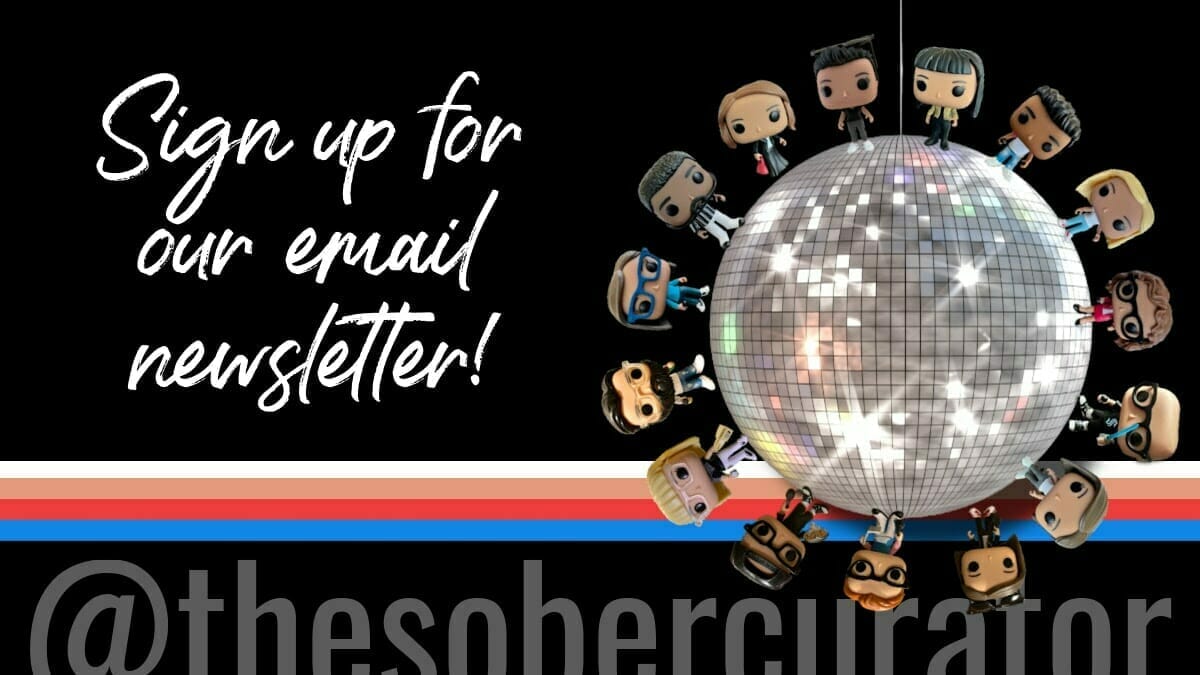
Resources Are Available
If you or someone you know is experiencing difficulties surrounding alcoholism, addiction, or mental illness, please reach out and ask for help. People everywhere can and want to help; you just have to know where to look. And continue to look until you find what works for you. Click here for a list of regional and national resources.





